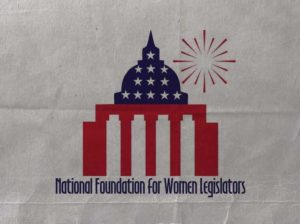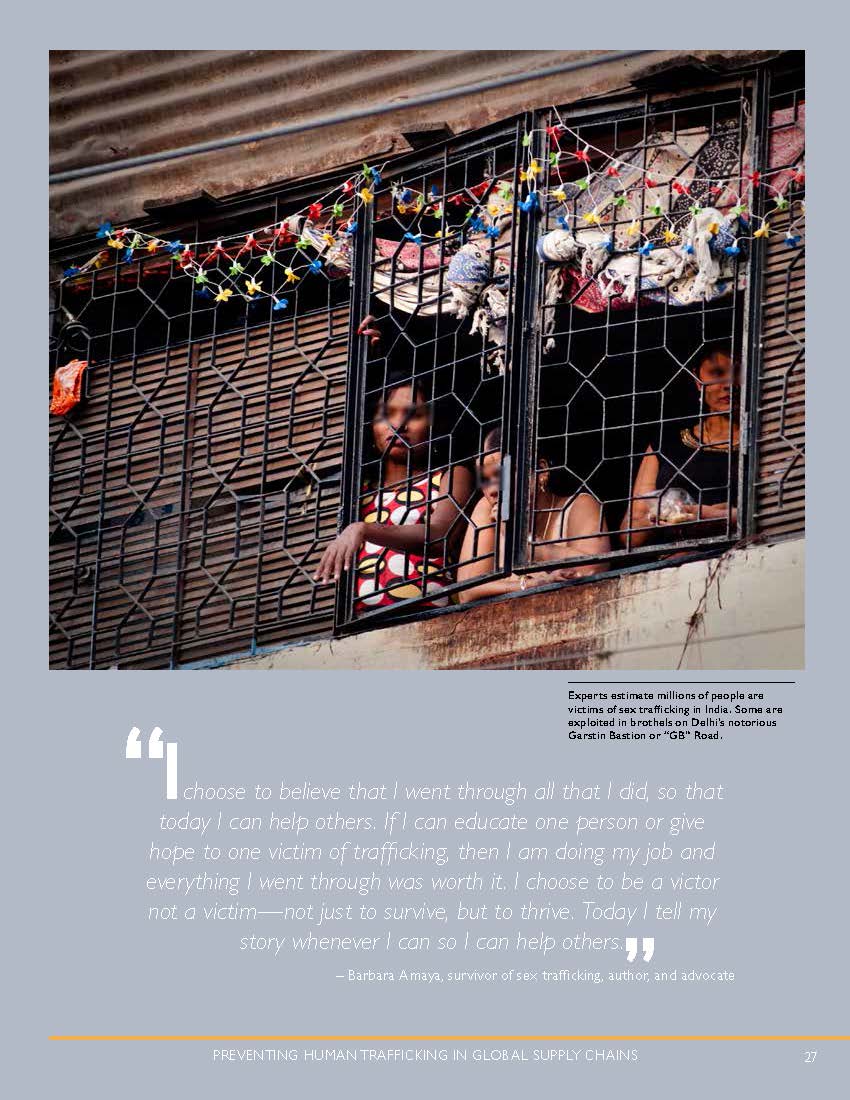Mission 21 shares the story of Tanya, one of the survivors they served during the organization’s time in the Shared Hope Partners Program. Read Monday and Wednesday’s post to catch up on the rest of the Mission 21 story as they graduate from our Partners Program!

The whole day was spent shopping for new clothing for Tanya age 13. After being referred to our specialized foster care program immediately after her court appearance, she arrived at her host home in sweat pants and a hoodie and a pair of jeans stuffed in a Walmart bag. Tanya was upset. She was sure that the judge would let her go home that day. After all, her social worker said that all she needed to do was stay put for 35 days and she did. Why was everything not like they told her it would be?
“I’m not going to school. I don’t like it. Besides, I’m not going to be here for very long.” Tanya said matter of factly. “If I’m not out of here in 3 weeks, I’ll run. I’ll find a way.”
Her tough attitude didn’t hide the fact that she was very scared however. Nothing made sense.
“Well, how about we take this one day at a time and go get you some new clothes tomorrow? Would you like that?”
[easy-tweet tweet=”At Mission 21, we meet girls and families where they are at.” user=”SharedHope”]
At Mission 21, we meet girls and families where they are at. In Tanya’s case, we were able to see that she had some immediate tangible needs that we could assist her with in order to get her feeling comfortable and cared for. The following day, we bonded over outfit selections, make up and funky colored socks. All the while, as we drove from place to place, talking about life and expectations on both ends. After a quick bite to eat, she joyful skipped to the car saying, “I can’t wait to go to school!”
Surprised to hear the sudden change of heart I had to ask, “What? I thought you didn’t want to go to school? What changed?”
“To be honest, I didn’t have clothes before and the other kids would bully me so I didn’t go. But now… I’m gonna look really cute!”

As a community resource for youth survivors and their families we were pretty happy to be able to meet this seemingly small need for this kid. But something as simple as donated clothes from our partners at the Salvation Army and some new essentials bought with the support of our donors, we were able to see a complete change in attitude towards her giving school a shot again. Like Tanya, most of our youth participants experience poverty which makes them very vulnerable to being sexually exploited. Although providing some of these physical needs did not address all of her needs it was a great start. Providing her with a safe place and getting her back to school is just the beginning of a long road to healing. Like with Tanya and the rest of the girls referred to our program, we are in it for the long run and we thank you all for backing us up.

 Today at the annual conference for the National Foundation of Women Legislators the members passed an important resolution on child sex trafficking. Shared Hope International has worked with NFWL to craft a resolution that addresses the key issues currently confronting legislators responding to child sex trafficking victims.
Today at the annual conference for the National Foundation of Women Legislators the members passed an important resolution on child sex trafficking. Shared Hope International has worked with NFWL to craft a resolution that addresses the key issues currently confronting legislators responding to child sex trafficking victims. Today, the U.S. Department of State released the 15th annual
Today, the U.S. Department of State released the 15th annual 





